How to Spot Paid Links Disguised as Digital PR
May 3, 2024 • 21 min read

An unfortunate trend is still happening in our industry… paid links disguised as digital PR.
Brands are engaging in what they think is digital PR activity, tactics to earn editorial coverage, and instead of this, they’re getting paid links that, at best, are being ignored by Google. At worst, they’re directly violating Google’s Webmaster Guidelines as link spam.
I’ve spent time digging into some examples of this that were brought to my attention over the last few weeks.
My first thought was that, no, surely there’s no one doing this in 2024. Disguising paid links as digital PR.
But I’m afraid there is.
And what makes it worse is that there are usually a few (often syndicated across regional news networks) editorially earned links in there, covering up the paid links within that are being used to plug a gap against what’s been earned and a KPI that’s been agreed to.
This means that those guilty of this know exactly what they’re doing. And that frustrates the shit out of me.
My gut feeling is that the brands getting these links totally unaware of this, assuming that these are just more sites that editorially chose to cover a pitch.
Usually, from the examples I’ve seen, it’s smaller businesses whose sites are landing these paid links disguised as digital PR. And it makes sense. They’re blissfully unaware of the risks, engaging an agency or service provider to contribute to SEO success, assuming the links they’re being delivered are ones that are going to have a positive impact.
They don’t have the knowledge or experience to know what differentiates a good link and a bad link, and in my opinion, there’s not enough content out there to help those brands to learn this.
And that starts with knowing how to spot obviously paid links that have been disguised as digital PR.
This is exactly what you’re going to learn in this guide.
But as a heads up, no, I’m not going to out the examples I’ve found or that have been shared with me. I don’t believe that’s the right thing to do, and I would prefer to educate on how marketers can spot these themselves.
This also isn’t an opinion piece on whether or paid links are right or wrong, effective or not effective. This isn’t the place for that. I’m purely looking at this from the perspective of paid links that are being disguised as digital PR.
I’m also not talking about advertorials or posts clearly marked as sponsored and where the links use rel=”nofollow” or rel=”sponsored” – that’s advertising, and not what I’m meaning here.
Paid Links vs Earned Links
Links still remain one of the three pillars of SEO success.
But a link isn’t just a link.
There are links that help increase your site’s ranking and those that don’t. There are links that are ‘good’ in the eyes of Google and there are links that are ‘bad’ in this sense.
In the most simplistic terms, think of a link from one website to another as an endorsement or a vote of trust.
According to Semrush, “Google treats certain kinds of links from other sites like endorsements. The higher the quality and quantity of backlinks pointing to your site, the more trustworthy it can seem.”
Links help you to rank higher on search engines, so long as they’re actually this endorsement, not one that’s being faked to manipulate rankings.
You see, there are typically two ways to get links to your site:
- You earn them
- You buy them
It’s probably no surprise that it’s a lot easier to buy a link than it is to earn one. At the end of the day, earning a link means convincing someone with editorial control over a website (a journalist, editor or webmaster) that you’re worth linking to, and that the link adds value to their readers.
And this isn’t easy. It takes time, and there are no guarantees you’ll actually land any specific link you’re trying to get.
Buying links, on the other hand, can seem like a quick way to get guaranteed links. But if something’s easy, is it really that valuable?
The answer, of course, is no.
But before I dive into the risks of paid links, let’s take a quick look at what types of link building (or earning) typically fall into the categories of paid and earned links. This isn’t every type of link, but covers the most common tactics.
| Paid Links | Earned Links |
|---|---|
| Guest posts (usually, there are rare cases where these aren’t paid for) | Digital PR |
| Niche edits (where a link is inserted into existing content on a site) | Links naturally earned to high-quality content you’ve published |
In short, if someone is choosing to link to you because your content is great or you’ve added value to their own content, it’s an earned link. If they’re linking because they’ve received money or a freebie to link, it’s paid.
The Risks of Paid Links
Paid links directly violate Google’s Webmaster Guidelines and are classified as link spam.
And that doesn’t just mean paid for with money, although this is most often the case.
Google gives the following as examples of link spam:
- Buying or selling links for ranking purposes. This includes:
- Exchanging money for links or posts that contain links
- Exchanging goods or services for links
- Sending someone a product in exchange for them writing about it and including a link
And as I already mentioned, I’m not here to go into the ethics of whether these links are effective or not. But I do want to lay out the risks of paid links.
You see, paid links are seen as manipulating rankings, rather than earning rankings. If Google were to reward these links, it would effectively put sites at the top of the SERPs that don’t deserve to be there. If a business wants to buy its way to the top of Google, that’s what Ads is for.
The risks of paid links?
- Google ignoring the links. The best-case scenario is that Google ignores these links, which is the most likely outcome. What does this mean? That the money you’ve put into these (in this case, in what you thought was digital PR) has been a total waste.
- A drop in rankings and organic visibility. If these paid links have contributed to an increase in rankings and visibility, there’s a very good chance Google will devalue these links once they’ve identified they’re paid / manipulative links. This will likely mean a drop in these. Again, a waste of ‘investment.’
- A manual action. In rare cases, where excessive link spam is present, Google can serve a manual action for unnatural links pointing to your site. Whilst these are a lot less common than they once were, and Google has moved more towards ignoring these links and/or dealing with them algorithmically, there’s been somewhat of a resurgence of these manual actions in recent months.
If you’re aware of these risks and still choose to buy links, then the risk is on you. But the issue comes when businesses believe they’re working with a digital PR agency and actually end up with paid links. They’re not aware there’s any risk involved and in their eyes, they’re investing in activity to earn links.
Why Paid Links are Being Disguised as Digital PR
If a business is engaging a digital PR agency to earn editorial links, why on earth would the agency (or freelancer) then choose to go away and buy links that point to that campaign or as a facade for reactive activity?
There are a few reasons I can think of:
- We’ve all seen unrealistically high link targets, or even guarantees, requested by some brands and businesses. Especially those who remember the days when more links was better, in many cases. Some agencies out there agreeing to these will struggle to meet them as the media landscape shifts, especially if an idea doesn’t land.
- Digital PR is hard. It’s only getting harder, and we’ve seen a surge in agencies that have been selling the service as an add-on to other offerings pop up over the last few years. PR is a skill. You must understand how to develop great ideas and sell stories to the press. It’s not as easy as some people make it out to be.
Digital PR should never result in paid links.
And brands and businesses investing in this tactic need to know how to spot these themselves. If they’re being delivered links that have been sold as digital PR activity but are actually paid links, then questions need to be asked.
Spotting Paid Links: 8 Questions to Ask About Your Links
Spotting paid links comes with experience.
In fact, some of the first big projects I worked on in my first few years as an SEO were link audits and removals in the months following Penguin and the wave of manual actions that preceded it.
I’ve been auditing links for at least 12 years, and in that time I’ve seen some very bad links. As well, of course, as lots of good ones. So I’d like to think I’ve got the experience to share the things I look for when trying to determine whether or not a link has been paid for.
Below, I’ll break down 8 questions you can ask about your links to try and spot ones that have been paid for, but are being disguised as digital PR.
It’s worth remembering that a paid link won’t necessarily tick all of these boxes, nor does one meets some of them necessarily be paid.
But as a general rule, the more of the boxes that you can tick here, the more likely it is that a link has been paid for.
1. Is the page that links to you indexed by Google?
More so than ever before with the March 2024 Core Algorithm Update, I’ve seen spammy guest posting sites (those set up for the purpose of selling links and nothing else) being deindexed by Google.
And it’s as simple as this; if Google has deindexed a site (or a page) that links to you, that link isn’t going to have any impact on your rankings.
You can check whether or not a page is indexed by using the site: search operator.
Check this out:
site:https://www.travelandleisure.com/best-places-to-go-2024-8385979
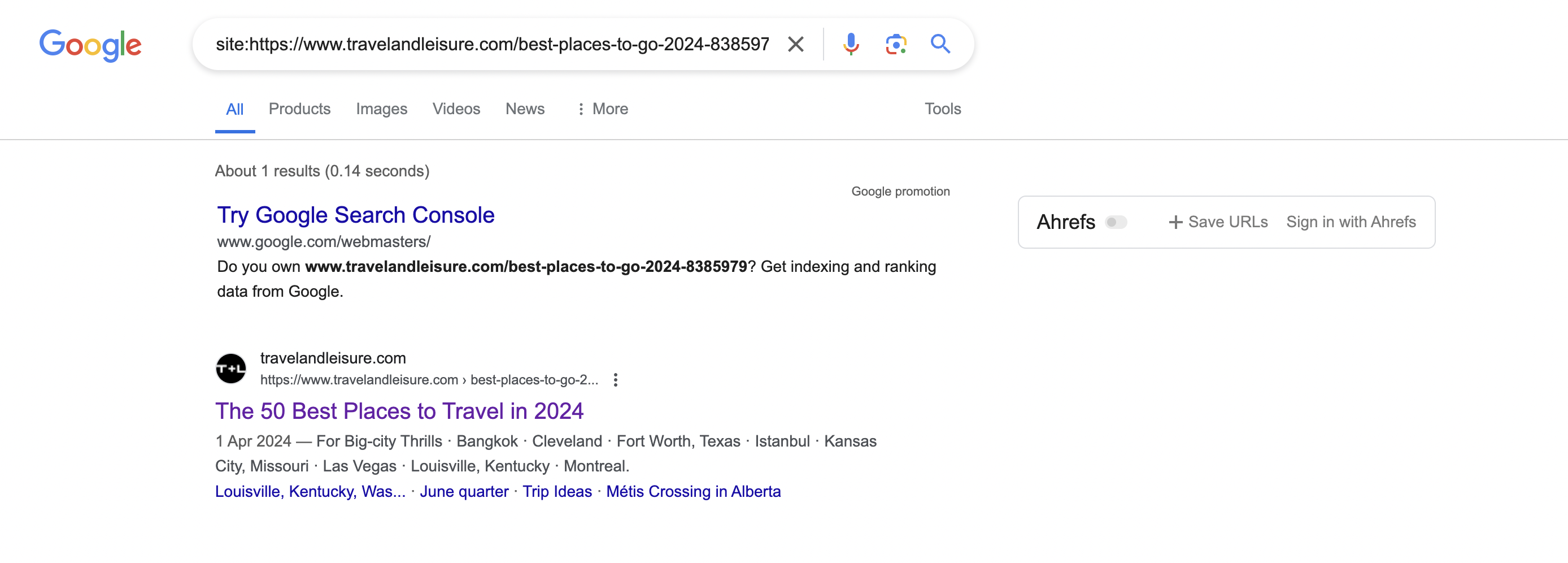
Using the site: operator (which is as simple as heading to Google and running a search for site:[URL] and replacing [URL] with the URL of the page that’s linking to you), we can see that this page is indexed.
When we run a site: search for the URL, it’s showing on Google.
As long as the page shows up here, all good.
An article on Travel and Leisure is always going to be indexed.
But what about when I run the same operator for a page on a site that I know is a blog that exists only to sell links?
site:https://timebusiness.org/6-benefits-of-upgrading-to-a-high-capacity-car-battery/

Of course it’s not indexed.
For context, this is what the homepage of this site looks like:
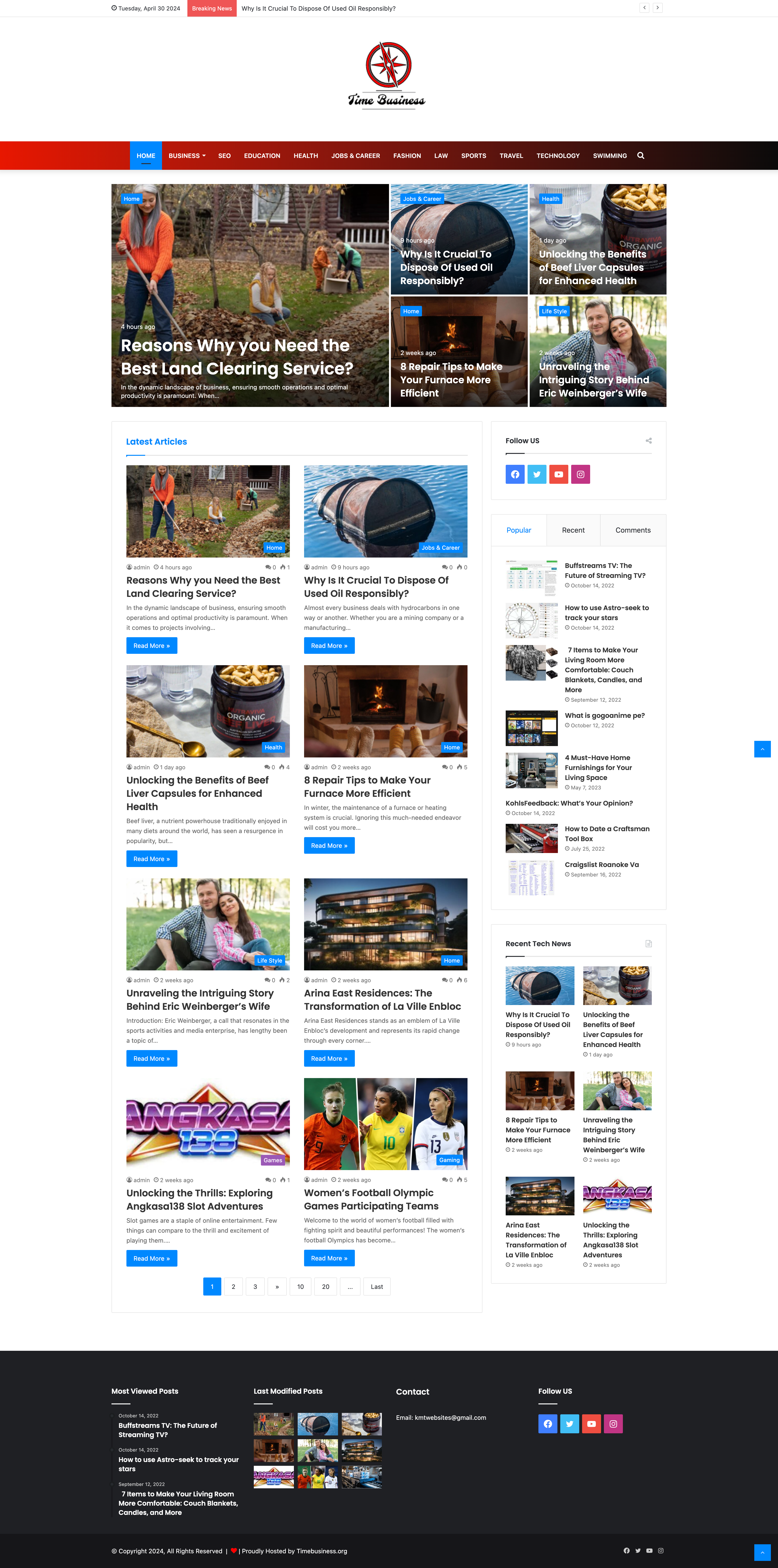
If you ever need an example of what your typical fake blog looks like, this is it.
Always check to make sure your links are indexed. If they’re not, it’s a potential red flag.
2. Does the site linking to you appear to write about any topic, without any real reason for doing so?
Is the site that’s linking to you seemingly a free-for-all where content is published on every topic imaginable?
Or is the site a clear hub of content around a main topic?
In the example above, we see posts about:
- Reasons why you need the best land cleaning service
- Why is it crucial to dispose of used oil responsibly?
- Unlocking the benefits of beef liver capsules for enhanced health
- Repair tips to make your furnace more efficient
Like, seriously?
No ‘real’ site in their right mind would publish on such a random range of topics.
Of course, this doesn’t apply to national and regional newspapers. They typically cover a range of topics, but these are genuine sites that I don’t think anyone would have concerns over the authenticity of. And don’t forget, these are publishing engaging, well-written content. Not garbage.
If the site you’re being linked to from covers pretty much any random topic, there’s a good chance it’s a fake blog that’s selling links.
3. Is the content of the page linking to you actually any good?
Take a few moments to read the content that’s on the page that links to you.
Is it actually any good?
I’m talking first impressions, here. What are your thoughts when you read the content?
Is it well written? Or is it pretty much nonsense? Fluff around a topic and content that adds next to no value on the topic?
Take for example this post on the site I shared before:

I’m sorry, but no one’s writing like that if it’s content they actually expect someone to read.
If the content that’s linking to you reads like it’s been written without any care of how it reads or the value it gives, you could be looking at a paid link from a fake blog.
4. Is it easy to identify who wrote the content that’s linking to you?
Any genuine publication or online business makes it easy to find out who wrote the content. Or at least who published it.
Of course, there are sites that publish on their company blog, for example, without attributing to an author. But it would take you seconds to verify the business’ credibility.
But as a general rule, you’re not going to see content attributed to anyone (at least a real person with the credentials to write on a topic) on these fake blogs.
See the example I keep coming back to?
Here’s the author box:

Helpful, right?
Compare this an example I’ve grabbed from Lonely Planet:

Even from the heading section of the page, there’s so much more trust here.
A quick click onto Caroline’s author link and we see:

It’s taken me second to trust this author writing about this topic. No questions asked, this is quality content written by an expert.
Absolutely words apart from the ‘admin’ author on the fake blog.
Their author page?
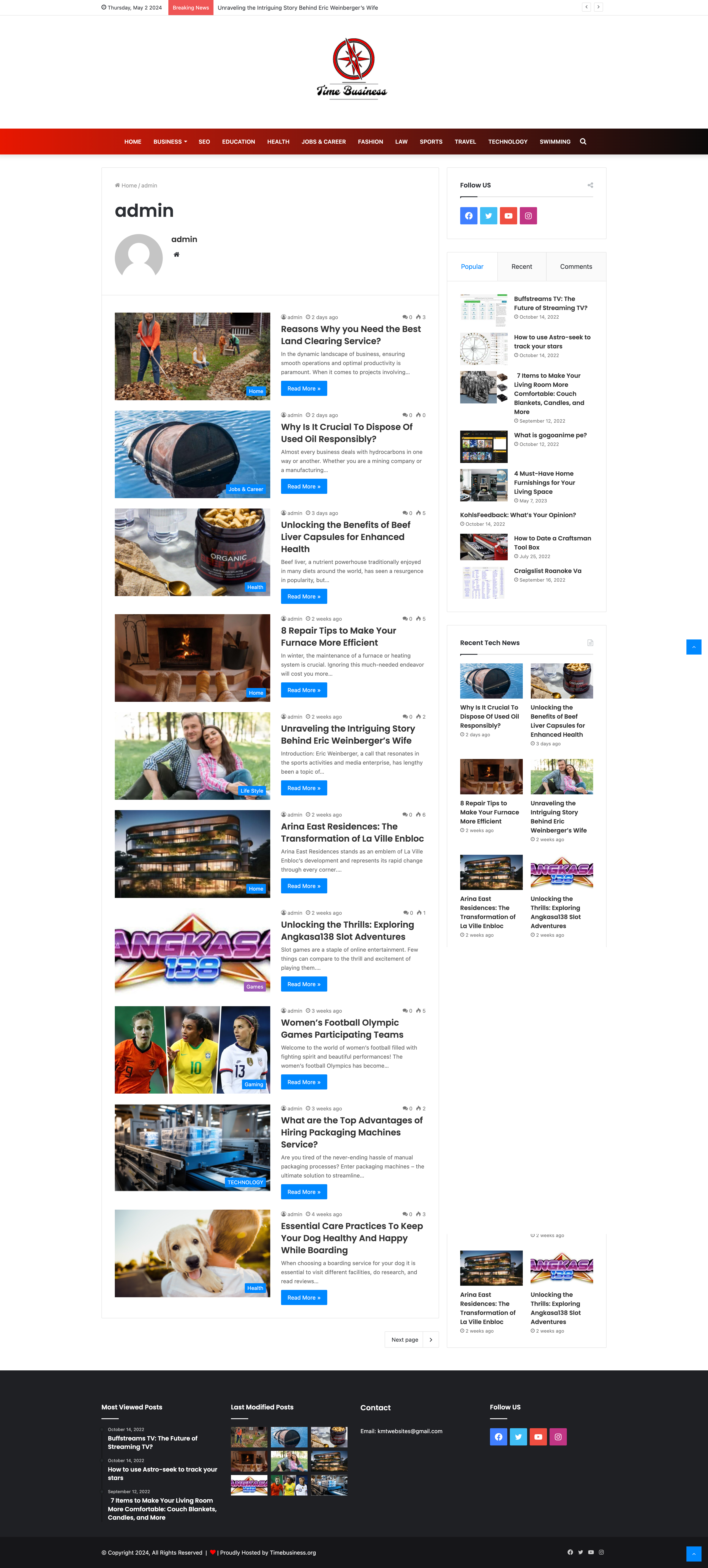
So Mr or Mrs Admin is an expert on all of these random topics?
Somehow, I don’t think so.
Red flag alert. If there’s no easy way to see who wrote the content that’s linking to you, it’s probably not come about as a result of digital PR…
5. Is the link using one of your target keywords as the anchor text?
Maybe the most obvious way to spot a paid link is by looking at the anchor text of the link that points to your site.
In fact, if we go back to look at Google’s link spam policies, we see one of the violations as:
Advertorials or native advertising where payment is received for articles that include links that pass ranking credit or links with optimized anchor text in articles, guest posts, or press releases distributed on other sites. For example:
There are many wedding rings on the market. If you want to have a wedding, you will have to pick the best ring. You will also need to buy flowers and a wedding dress.
When the anchor text (the text of the link) uses the commercial keywords you’re trying to rank for, it’s often a sign that the link has been paid for.
Why?
Because most journalists and editors would never link like that. It’s just not natural.
They’d be way more likely to link using:
- A brand name
- An expert’s name
- The name of an article being linked to
- Text that summarises what the content they’re linking to is about
- ‘Click here’ or similar
Most writers just wouldn’t link using commercial anchor text, especially given that Google has been hot on highlighting these type of links as potentially unnatural for years.
Of course, there are times when someone will editorially link like this. And that’s great. If we’re talking an anchor text that’s one of your main keywords being used from a link on The Mirror, let’s say, then don’t worry. There are plenty of other signals showing that’s an editorial link.
But commercial keyword anchor texts on sites like the examples I’ve given?
Paid links, every time.
6. Does the site linking to you have a ‘write for us’ or ‘work with us’ contact?
If the site that’s linking to you has a ‘write for us,’ a ‘work with us’ or a ‘guest post’ page, there’s a good chance they’re selling links.
Look at this example that I grabbed:
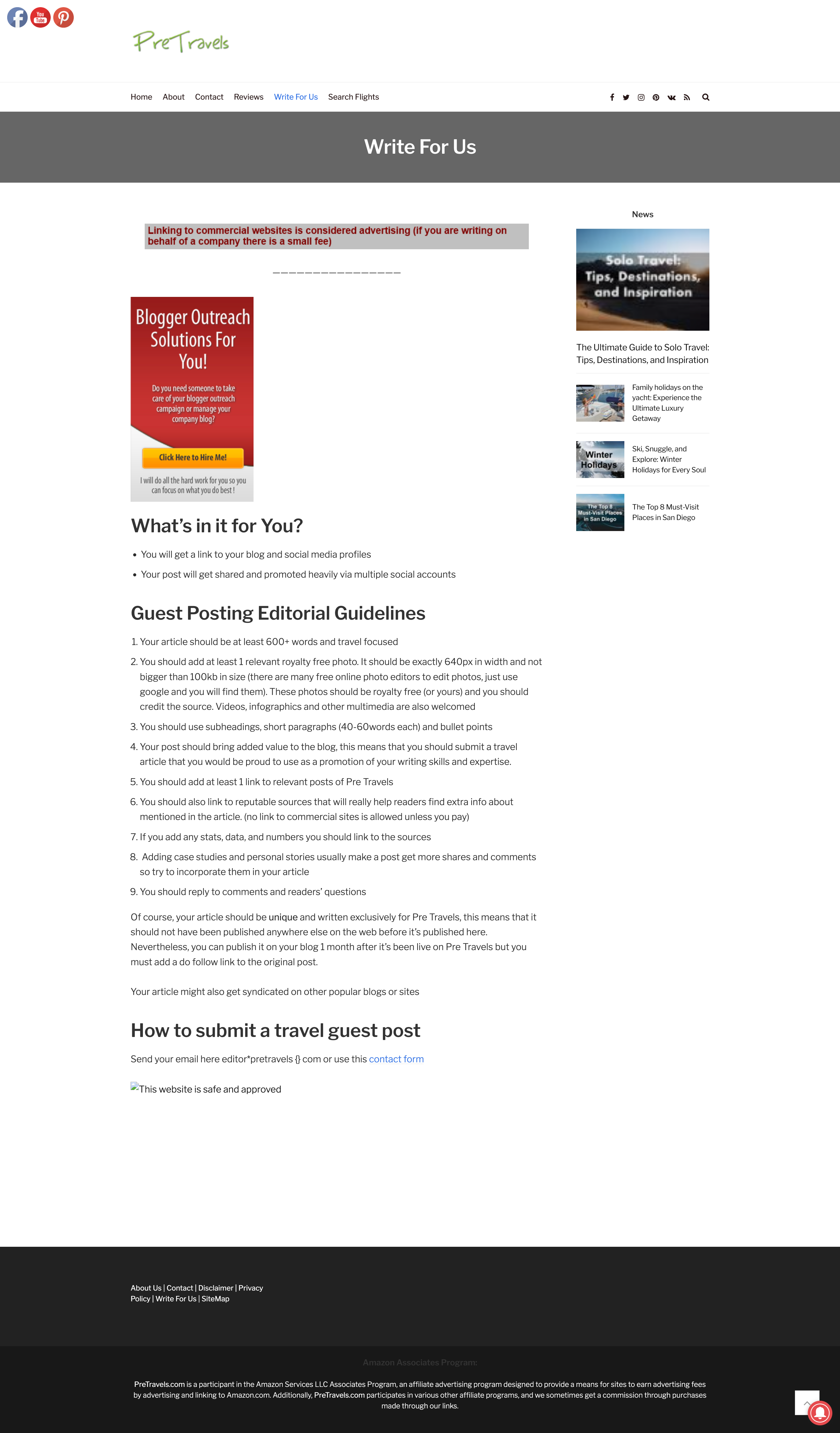
It literally says is there in black and white (ok, in red and grey, but you know what I mean…):
“Linking to commercial websites is considered advertising (if you are writing on behalf of a company there is a small fee)”
This is them politely saying they charge for links.
Again, this in isolation doesn’t mean a link is paid for. But it’s often a good indicator when there are also things like nonsense content, no topical focus and no authors.
Here’s an example where I would confidently say the site is genuinely looking to recruit experts to write for them, rather than to sell links:

Worlds apart, right?
If there are signs to suggest the site is openly selling links, that’s because they most likely are. And it usually won’t be the case that some links (or guest posts) are paid for and others are editorial. That’s not how these sites work.
7. Can you spot any obvious patterns across the sites linking to you?
Often, when you find one paid link that’s disguised as digital PR, there’s more. Often, many more.
And you can sometimes spot obvious patterns amongst a list of links you’ve been sent by a provider or that you’ve found yourself on a link analysis tool.
Look out for things like:
- Multiple websites using the same theme
- Multiple sites without authors attributed to the content
- Multiple sites with the same ‘contact’ email address
- Multiple sites with a ‘write for us’ page
- Multiple sites all publishing low-quality content on seemingly random topics
Often, the patterns you can spot within a list of links are the confirmation you need that the links are paid. One link that meets some of these criteria can easily come from a low-effort editorial site (they do exist, and that’s fine). But multiple links that fit these patterns… a big, big red flag and sign the links are probably paid for.
8. Does the linking site actually get any organic traffic itself?
Run the domain that’s linking to you through Ahrefs or Semrush if you’ve got any concerns that the links are paid for.
Often, these fake blogs have no organic traffic themselves; a surefire sign they exist only to sell links.
Just like this:

If there’s no organic traffic (at all) going to a site, that tells you a lot about what you need to know…
An exception to the rule: scraper sites
There’s one exception to the rule that I’ve got to mention. And that’s scraper sites. Sites that straight up publish copies of other site’s content.
On the face of it, these can look like paid links. But they’re not.
Scraper sites will often have:
- No authors visible on the pages
- Basic, spammy-looking themes
- Content on all sorts of random topics
And I get why these could be seen the same as the paid link examples I’ve given, especially by someone who hasn’t got the experience to differentiate between them.
So how can you spot a scraper site if they look so similar to lots of these fake blog sites? And are scraper sites any risk to your SEO success?
Scraper sites will publish a direct copy of the content on another site. That means the content and the URL are going to match another piece of coverage. It could be the whole post. It could be some of it.
Here’s an example.
We earned this piece of linked coverage for William Russell’s campaign that revealed the hardest countries for expats to relocate to on The Wire (DR80):
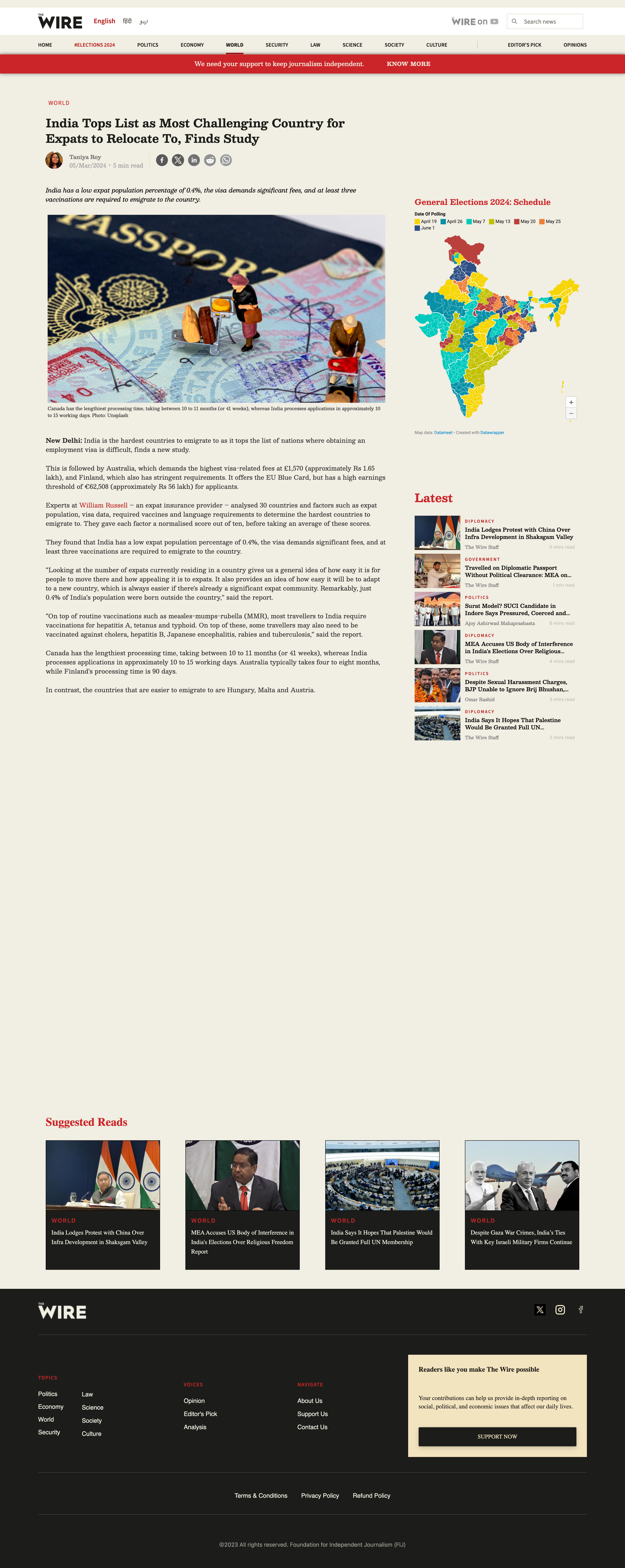
Now check this out:
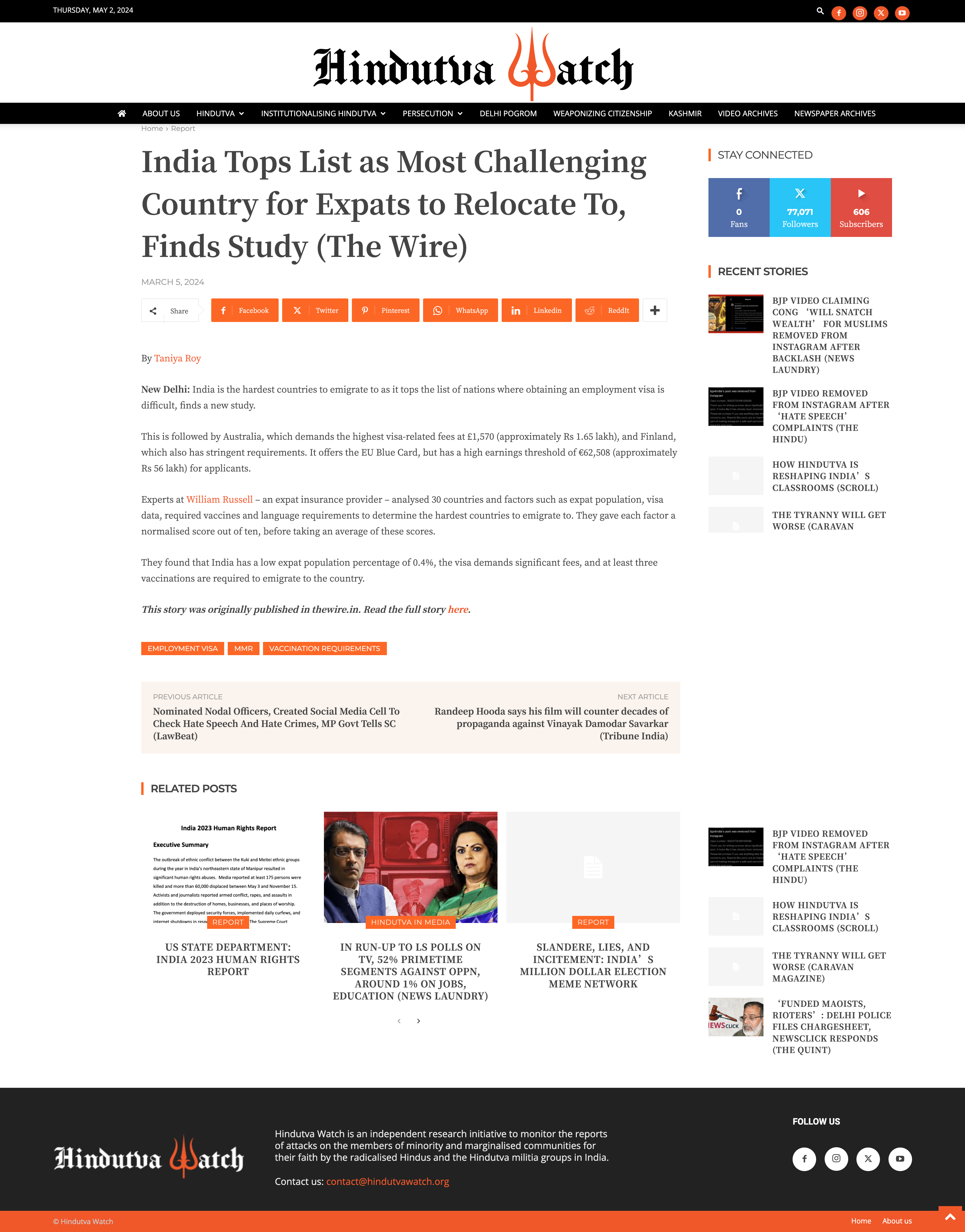
The content’s the same. At least the four paragraphs that have been included.
This ticks a lot of the boxes for paid links, but it’s not.
And when you see it in the context of the original piece landed on The Wire, that’s easy to confirm.
Of course, this example makes it clear that the piece originally appeared on The Wire. A lot don’t.
But it’s 2024, and Google’s smart enough to know this is a copy of another article. And the link pointing to you from this questionable site?
It’s being ignored. Very little doubt about that.
Links from within scraped content aren’t going to harm you. Neither is it going to help you.
If you’re suspecting paid links … just make sure they’ve not come from scaped content within an earned piece of editorial coverage before you jump to conclusions.
To make it clear, the instances I’ve talked about through this post are not scraper sites.
Why I’ve not exposed examples of paid links pointing to digital PR campaigns & differences against the examples given
Over the last few weeks, I’ve discovered a slew of paid-for links that have been disguised as digital PR myself. I spent time every week keeping an eye on what’s being done by a number of brands and agencies, for the simple reason that I believe it’s an essential part of staying at the forefront of our game here at Digitaloft.
I want to know what’s working and what’s not. And that means casting the net wider than our own work.
And 99% of the time, I see nothing short of great work.
But I’ve seen a number of instances of obviously paid for links pointing to digital PR campaigns.
I’ve also had conversations with two other well-respected digital PRs over the last few weeks who have seen exactly the same thing.
I’ve taken the conscious decision NOT to share examples of these here.
Why?
Because it’s not the right thing to do. There are people working on creating the content for these campaigns and who earn a living working for those who are choosing to take this route. They don’t need exposing, nor a light shining on these agencies taking this approach.
I know who at least one of the agencies doing this is, and I don’t want to give them any attention.
I don’t believe anyone wins from another business exposing shady practices, even if it’s something they disagree with.
If you’re an experienced SEO or digital PR reading this; go do your own digging. It probably won’t take you long to find some of these examples.
If you’re reading this as an in-house marketer or business owner who is questioning whether there are any paid links being delivered to them by their digital PR agency, then there are a couple of distinct things to keep a close eye out for in addition to the things I shared above:
- Look out for links pointing directly to digital PR campaigns that have been launched for your brand
- Look out for links in any link reports that get shared with you that stand out as different to the ones on publications you’ll be familiar with
Don’t get me wrong. Paid links disguised as digital PR aren’t the norm. They’re not common, and most businesses that are investing in digital PR won’t find any links like these in their link reports. Thankfully.
But as it keeps getting harder to land links with digital PR (which, in my opinion, is a good thing; it shouldn’t ever have been easy to earn coverage… that’s what sets apart the great from the good), there’s a chance we’re going to keep seeing more of this… which is why it’s time to educate marketers on what to look for to make sure the links they’re being delivered are actually the ones that are going to have an impact.




